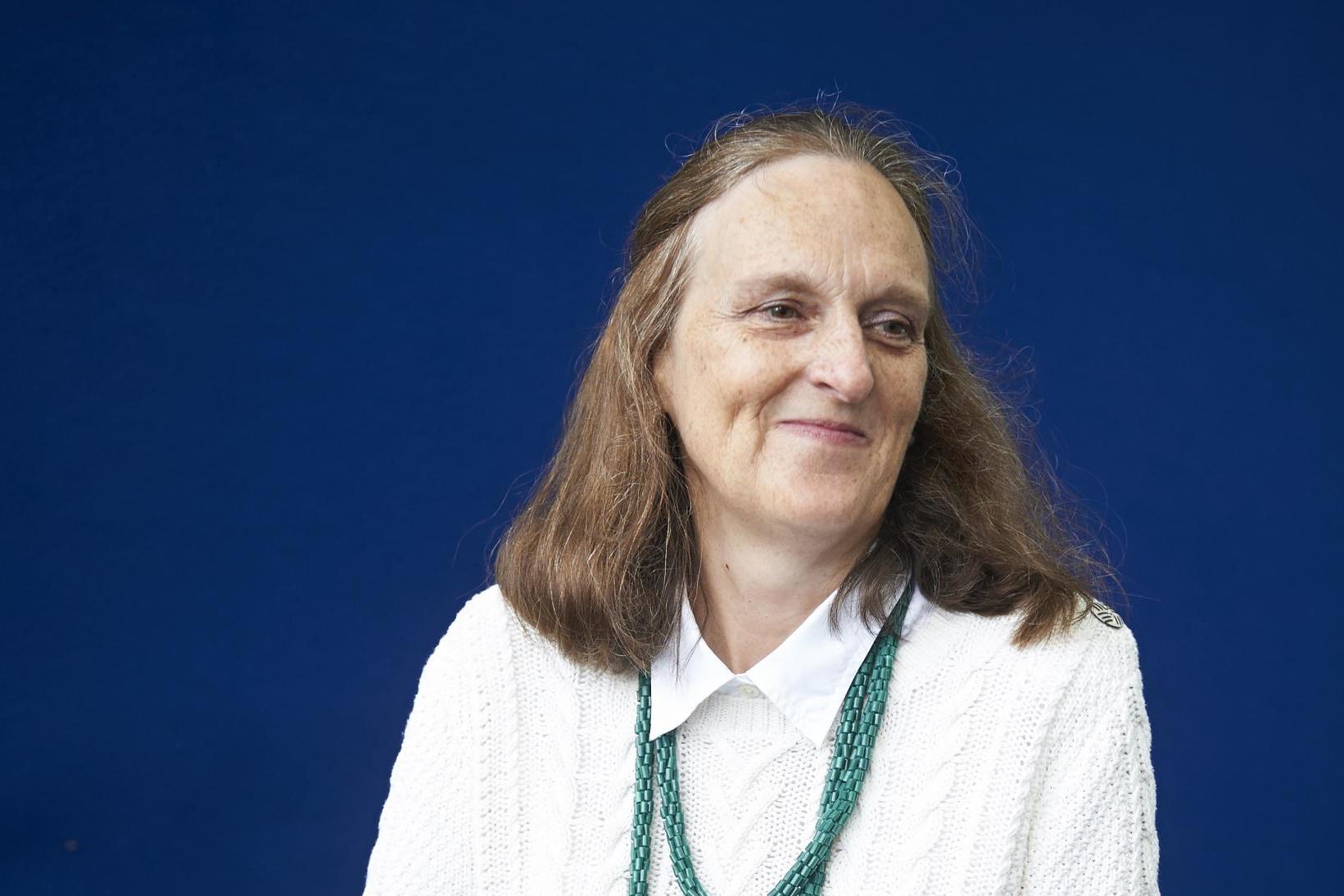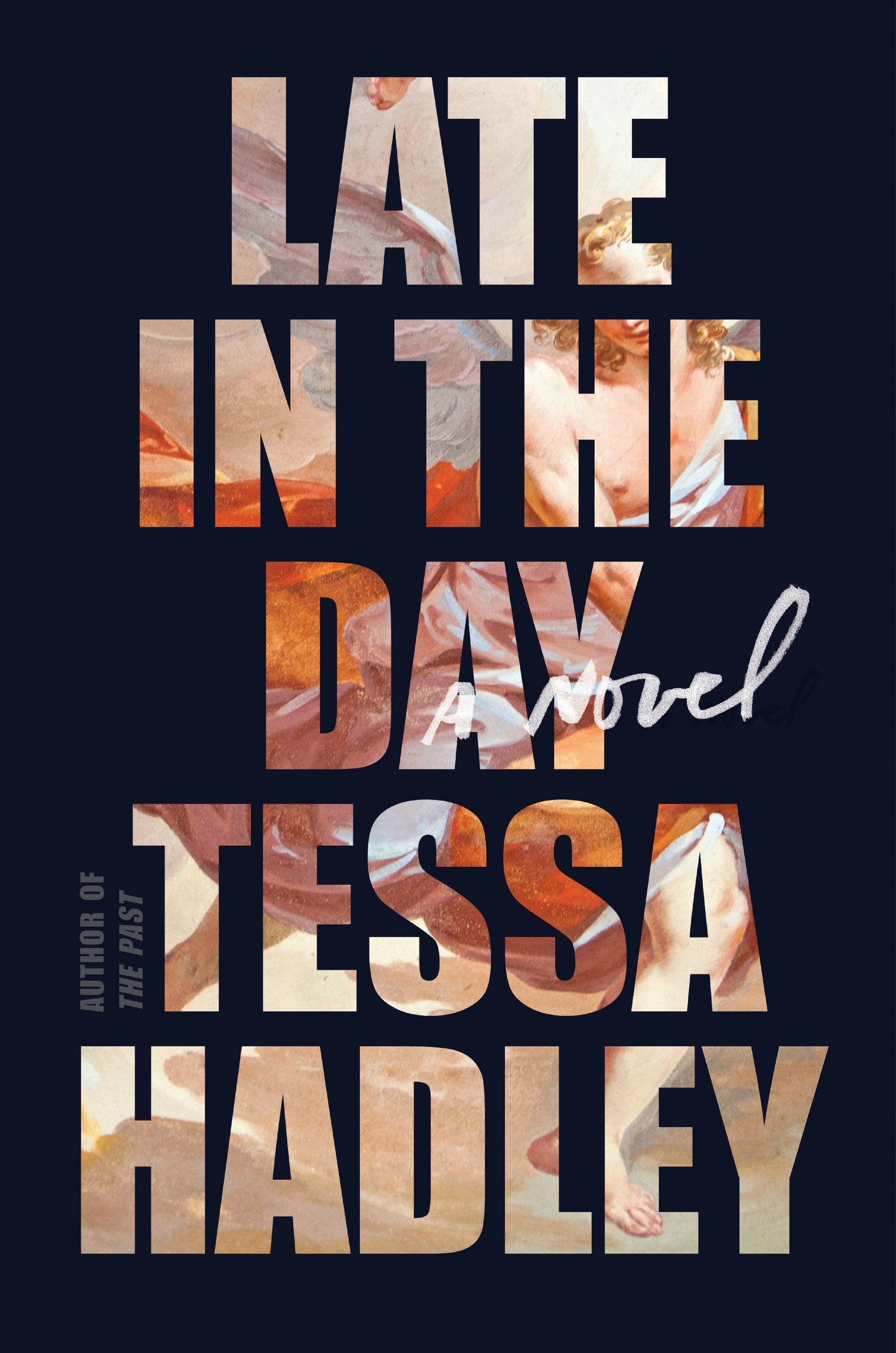Late in the Day by Tessa Hadley review: A nuanced account of how social class can be both a prison and an escape
The author’s compelling new novel begins with a tragedy, and explores the shifting needs and desires of two married couples

Tessa Hadley’s compelling new novel, Late in the Day, is a subtle, delicate evocation of modern life. Hadley has always been interested in reflections and oppositions; here, exploring the dynamics between two married couples as their needs and desires shift over the years, she gently brings out the contrasts between the characters, as in a series of paintings or tableaux.
The book begins with a death, which sends out unexpected ripples into this apparently well-heeled and well-settled group of friends. As ever, Hadley's writing is precise yet mysterious: the hospital is “lit up in the night like a ship at sea”.
To learn how we reached this particular, devastating moment, we must delve into the characters’ pasts. Lydia, the bright daughter of a publican, and middle-class, questioning Christine, had been best friends since they were rebellious grammar school girls together, reading the Communist Manifesto in break time. At university, they fell for a pair of public school boys: rich, confident, Jewish Zach, and quiet, complicated Alex, the son of a Czech dissident. Each of them bears the weight of their families and circumstances, trying to forge an identity for themselves through creative processes, and looking for the love that will sustain them throughout life. They dance around each other: Zach and Lydia end up married and well off, Christine and Alex married and not.

Zach’s money lands him an art gallery, and Lydia doesn’t have to work. Christine abandons her PhD to become a painter, while Alex, conversely, stops writing his promising poetry and becomes a primary school teacher. Their children develop their own problems: unlucky civil servant Isobel’s dates always end in disaster; art school student Grace is unable to settle to anything. Hadley’s observation is pin-sharp: whether describing a contemporary student’s house, a late-night drive, or simply a quiet room with only the reading light turned on, there is a shapely intelligence at work.
One of the most moving passages sees Alex by the River Thames as he “stood for twenty minutes watching the broad river slipping past on its own urgent business from bridge to bridge, its brown water oily as mud in the oblique half-light. But he wasn’t imagining throwing himself in. Something cruel and cold had come to the surface in his life, appalling and exhilarating.” All of Hadley’s characters negotiate this passage between the appalling and the exhilarating. There is something of Iris Murdoch’s fierce attention to the physical here, as well as her use of human relationships to understand the metaphysical.
Late in the Day is a nuanced and supple account of how far-reaching historical events affect us all; how social class can be both a prison and an escape, and how art makes us human.
Join our commenting forum
Join thought-provoking conversations, follow other Independent readers and see their replies
Comments
Bookmark popover
Removed from bookmarks